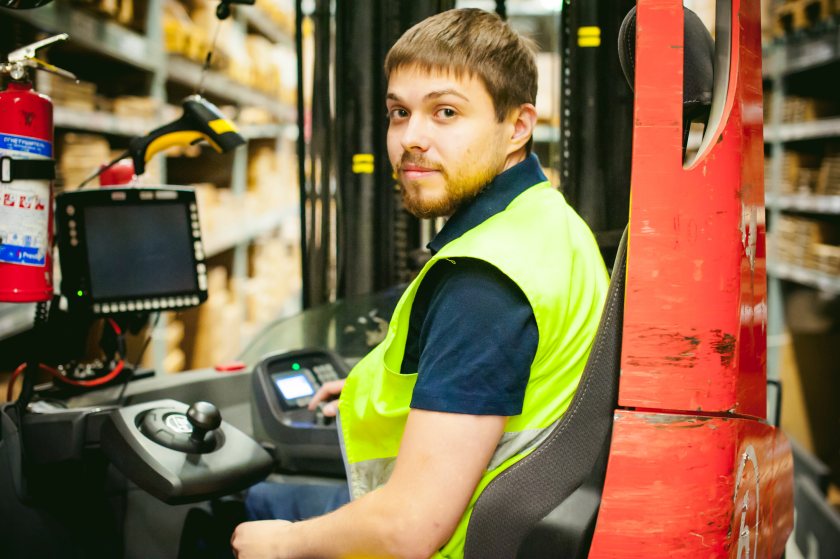
Artificial intelligence may reshape how logistics operates, but the real challenge for the UK’s supply chain industry is reskilling its workforce fast enough to keep pace with change, according to experts at a national round table held during Get the Nation Learning Week.
The discussion, hosted by Generation Logistics and the Learning and Work Institute, brought together industry leaders, training providers and policymakers to confront the sector’s widening skills gaps. Logistics employs more than 2.5 million people across the UK, yet continues to face acute shortages at the same time as automation, digitalisation and the transition to net zero accelerate dramatically.
Bethany Windsor, Programme Director for Generation Logistics and Head of Skills Policy at Logistics UK, said the industry’s focus often falls on recruitment rather than long-term development. “The logistics sector puts a lot of focus on attracting people into the industry, but not nearly enough on how we retain and help them progress through ongoing upskilling and reskilling,” she said. “That’s where employers can make the biggest and most lasting difference.”
Participants agreed that AI is already embedded in modern logistics operations, from warehouse automation to route optimisation, and will increasingly shape jobs across the sector. But rather than eliminating roles, Windsor said the technology is more likely to change them. “It became clear that while AI will change the jobs people are doing, it will not necessarily replace them,” she said, noting that many roles central to logistics today “did not exist a few years ago”.
However, long-standing barriers continue to hinder workforce development. Delegates pointed to the cost and time constraints of releasing staff for training, inconsistent provision for SMEs, and a funding system that is difficult to navigate and often unsuitable for modular or short-form learning.
International evidence suggests that the most successful upskilling programmes are employer-led and co-designed, Windsor added. She highlighted research by the Learning and Work Institute, funded by the Nuffield Foundation, which shows that accessible, flexible training models drive stronger participation and better outcomes.
“For logistics, that means building sector partnerships, expanding modular and on-the-job learning, and making funding simpler and more flexible, so businesses can respond quickly to change,” she said.
Windsor argued that getting this right could have transformative effects for the industry. If employers and policymakers succeed in aligning training with technological change, she said, the sector would “not only solve today’s shortages, but also build a workforce ready for the digital, data-driven and low-carbon logistics of the future”, helping the UK retain its position as a global leader in innovative, efficient supply chains.